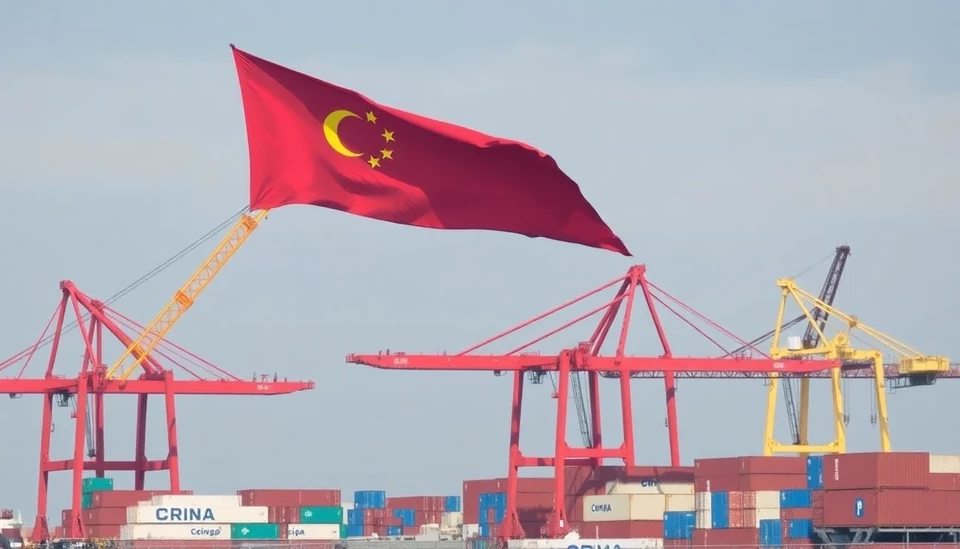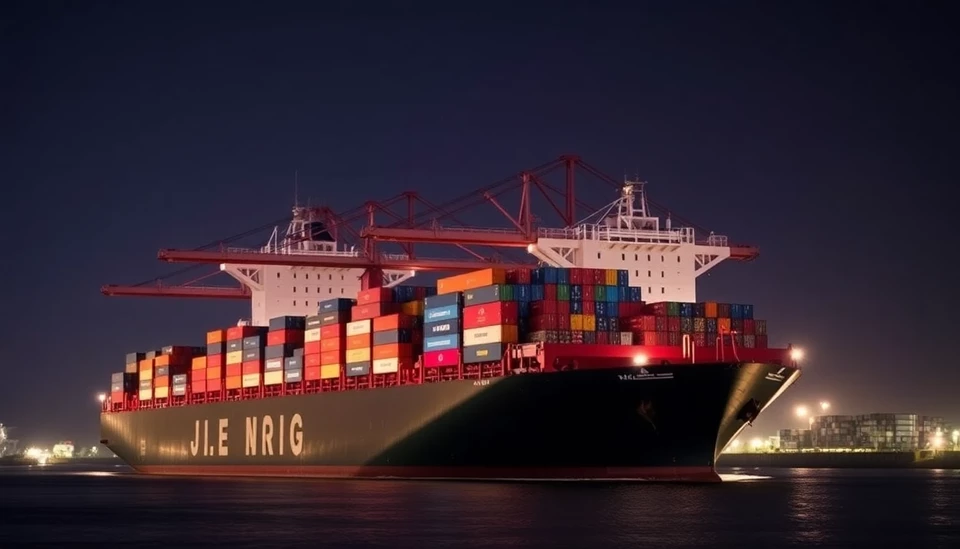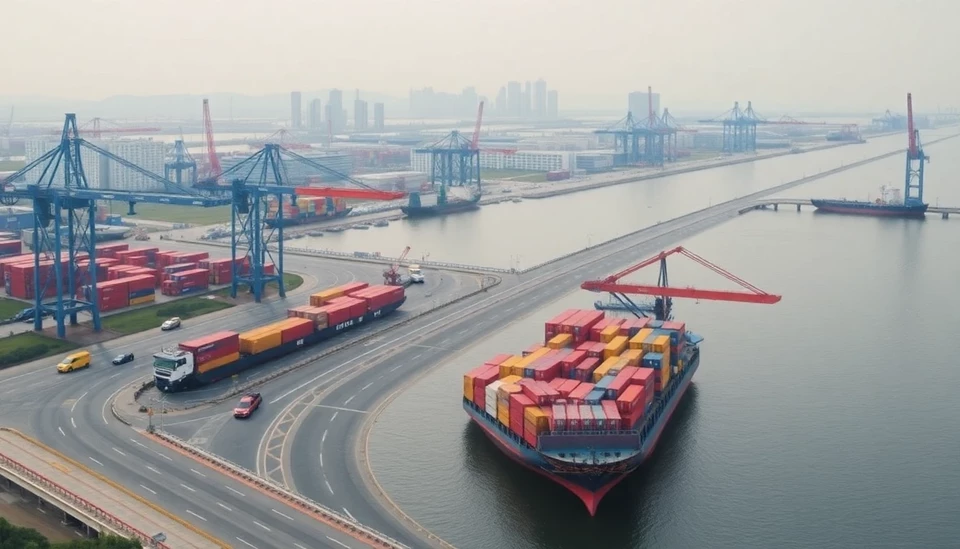
Recent developments in Southern Africa are marking a significant shift in the logistics and supply chain landscape, as the region strives to enhance its connectivity and efficiency. As global trade becomes increasingly crucial, investments in infrastructure and logistics networks are ushering in a new era for Southern Africa's economies.
South African ports, long considered critical gateways for trade, are experiencing considerable upgrades aimed at supporting increased cargo volumes. Notably, the Port of Durban, which stands as one of the busiest ports in Africa, is undergoing extensive renovation projects designed to handle larger vessels and to reduce bottlenecks that have plagued operations in the past. These enhancements are crucial for boosting the efficiency of logistics operations and ensuring timely delivery of goods across the region.
The South African government, alongside private sector partners, is pouring resources into improving rail networks that connect key industrial hubs and ports. These rail upgrades not only facilitate the movement of goods but also encourage intermodal transport, which can significantly lower costs and transit times for businesses operating within the region.
In addition to transportation improvements, Southern Africa is witnessing a surge in the establishment of logistics hubs. Countries like Zambia and Botswana are becoming vital nodes in the supply chain, driven by their strategic locations and improving infrastructure. These logistics centers are designed to streamline operations, reduce costs, and provide better access to regional and international markets.
Moreover, the implementation of advanced technologies, such as automation and digital tracking systems, is being increasingly adopted in the logistics sector. This tech-driven approach is expected to improve not only operational efficiencies but also supply chain transparency, enabling businesses to respond swiftly to market demands and disruptions.
The growing focus on the logistics industry in Southern Africa has not gone unnoticed by investors. Foreign direct investment is on the rise as stakeholders from around the globe recognize the potential of the region to become a logistics powerhouse on the continent. This influx of capital can accelerate ongoing projects and lead to the creation of new jobs, boosting local economies.
However, challenges remain. Issues such as political stability, regulatory constraints, and infrastructure financing need to be addressed to fully realize the region’s potential. Stakeholders continue to engage in dialogues aimed at overcoming these hurdles and paving the way for sustainable growth in the logistics and supply chain sectors.
Overall, Southern Africa is rapidly transforming its logistics and supply chain framework, moving towards a more integrated and efficient model that promises to benefit not only regional economies but also global trade links. With ongoing investments and developments, the future of logistics in this vibrant region appears promising.
#Logistics #SupplyChain #SouthernAfrica #Infrastructure #Trade #Investment #EconomicGrowth #Innovation #RailTransport #PortUpgrades
Author: Daniel Foster




